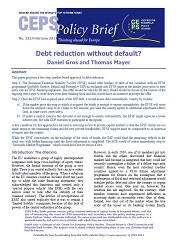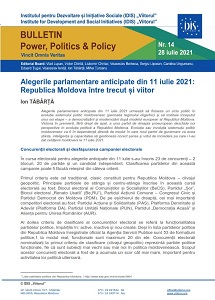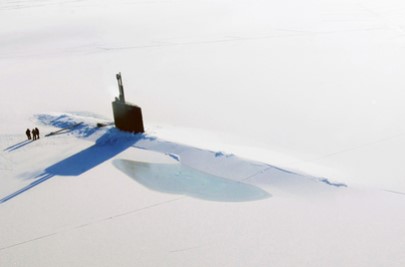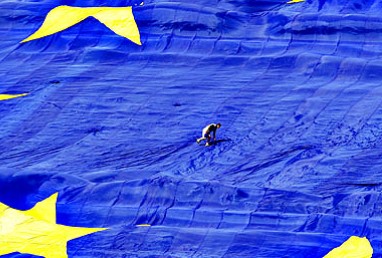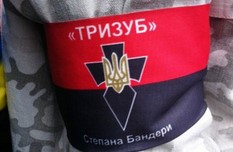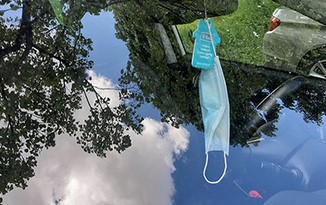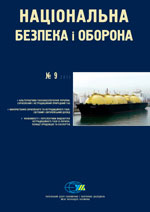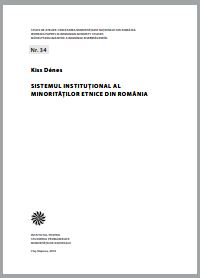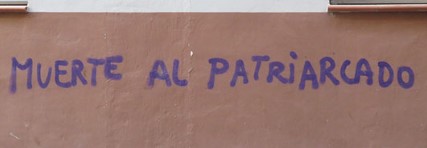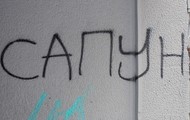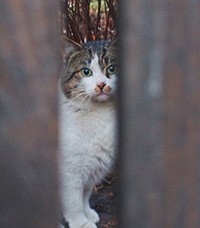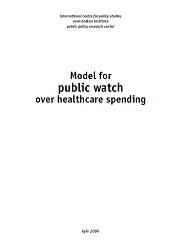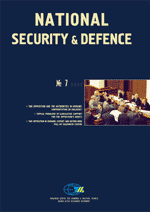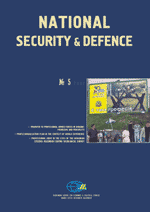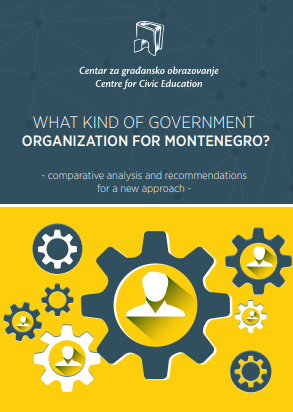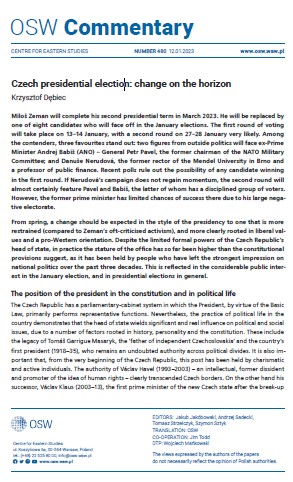Author(s): / Language(s): English
Organization, functionality and transparency of the executive branch has an overwhelming influence on the quality of political decisions, and consequently the quality of life of all citizens, via their attitude to and management of the public interest and resources. Every country determines, in accordance with its own legal framework, the structure and organization of its executive, depending on the policy priorities and goals set by the government itself, and preferrably in accordance with the real needs and possibilities. Practices differ, and so do the results. What kind of Government does Montenegro need? What is the role of inner cabinets, what are their advantages and disadvantages? How much do the members of the Government and advisors to the inner cabinet cost? How can we reach an effective organization of the government that is accountable to the citizens? These were some of starting questions that motivated the team of the Centre for Civic Education’s (CCE) to review the current system of organisation of the Montenegrin Government, with a focus on the inner cabinet and number of ministries, and compare them to some of the neighbouring countries, some EU member states, as well as to some third countries that for varous reasons could act be role models to Montenegro. We compared Montenegro to Serbia, Croatia, Slovakia, Germany and Iceland. The choice of these countries follows a clearly defined methodological research framework, in order to include candidate states, members of the European Union, as well as third countries. Specifically, for the purpose of comparative analysis, Serbia was selected as an EU candidate state, Croatia as the last member state that acceded to the EU, Slovakia as the country currently in charge of the EU presidency (since 1 July, 2016) and FR Germany as one of the founders of the EU, but also Iceland as a country that is not currently aspiring to join the EU, but whose size makes for a relevant comparison to Montenegro. This analysis is part of regular activities of the CCE within the sub-programme Accountability and Transparency of Authorities.
More...
